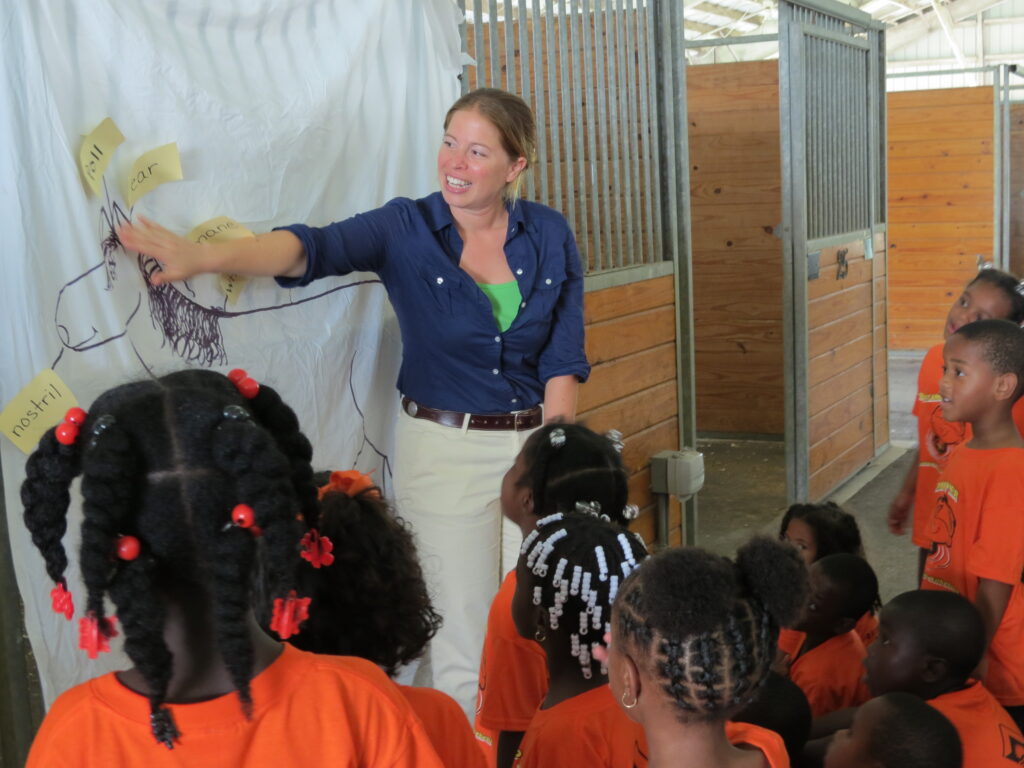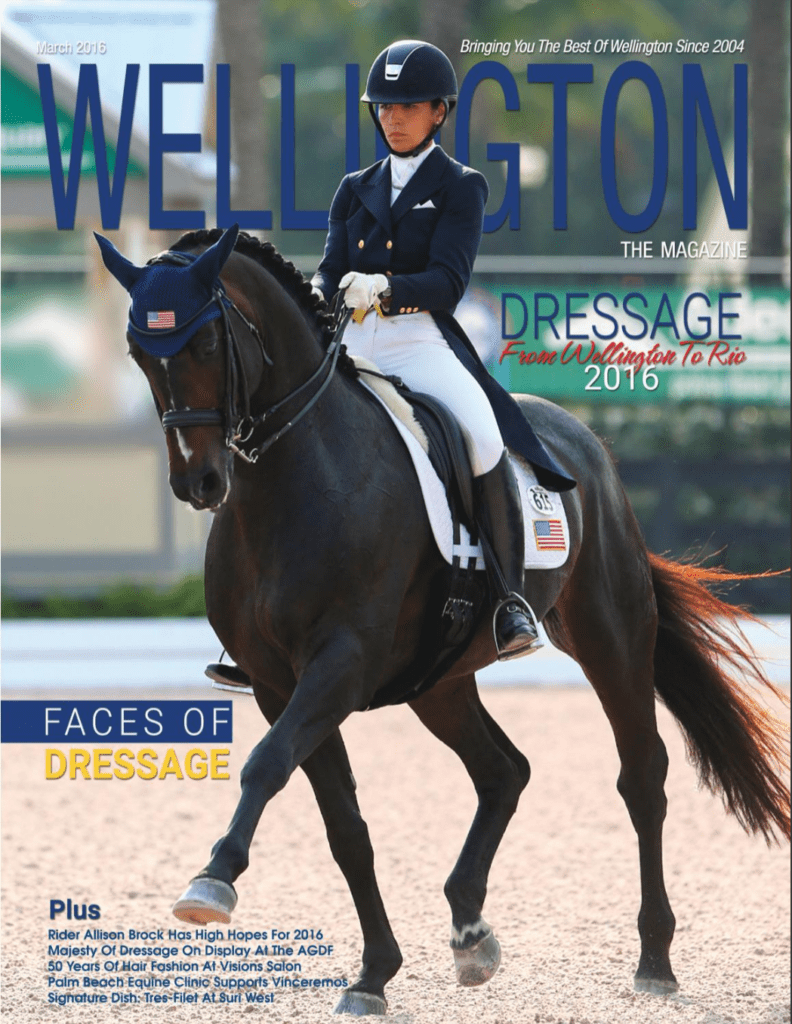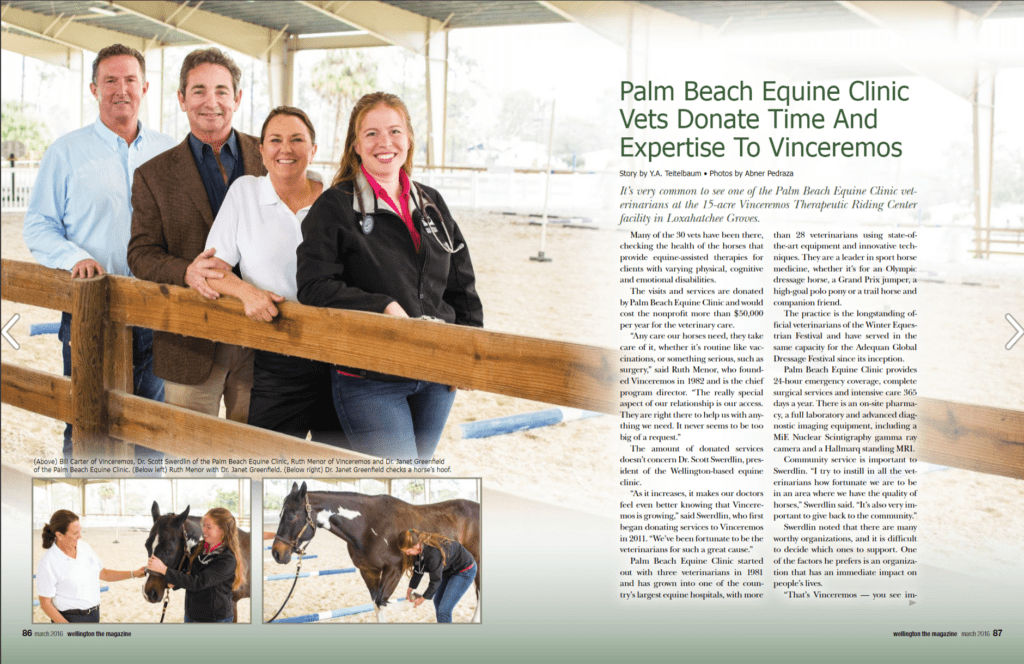On May 10, 2013, Dr. Janet Greenfield-Davis participated in career day at Elbridge Elementary School. Elbridge Elementary is one of many schools that Dr. Greenfield-Davis has donated her time and knowledge to educate our young students of today on equine veterinary medicine. Dr. Greenfield-Davis is the official veterinarian for Vinceremos Therapeutic Riding Center, which focuses on equine-related programs for special needs children. Dr. Greenfield-Davis enjoys educating the community while raising awareness of equine health.

“Educating our community and public service is a culture that we emphasize at Palm Beach Equine Clinic”, stated Dr. Scott Swerdlin, President of Palm Beach Equine Clinic.
Dr. Ryan Lukens recently completed an internship at Palm Beach Equine Clinic. Dr. Lukens excelled during his internship and was presented a contract toward a long and successful future with Palm Beach Equine Clinic. In the spirit of our mission statement, Dr. Lukens presented a lecture to 200 first graders concerning the anatomy of the horse with the Horse Tales Literacy Program. This event occurred at Good Earth Farm in Loxahatchee on Friday, May 17th.

“Dr Lukens was wonderful. He was knowledgeable and very patient with the first graders”, said Shelley LaConte, South Florida Director of the Horse Tales Literacy Project. “He had a smile on his face the whole day. It was a pleasure working with him. We were very grateful for his time and glad he is a part of Palm Beach Equine Clinic.” If you or any of your organizations would like a lecture or presenter please call Eques Solutions at 561-227- 1537.
As the leading equine veterinary hospital in the southeast, Palm Beach Equine Clinic is proud to bring our clients videos on specific topics of interest. This video features equine reproduction specialist, Dr. Robert “Bob“ Smith discussing Artificial Insemination for horses.
About Dr. Robert Smith
Dr. Smith is a 1975 graduate of the University of Georgia who lives in Royal Palm Beach and has been practicing for 30 years. Dr. Smith is a renowned veterinarian who specializes in advanced reproductive services. He advises and consults with clients on advanced fertility techniques, such as embryo transfers, and oversees a complete frozen semen program, from collection to storage and worldwide distribution.
Featured in the March 2016 issue of Wellington The Magazine, Palm Beach Equine Clinic is the Official Veterinarian of Vinceremos Therapeutic Riding Center.


